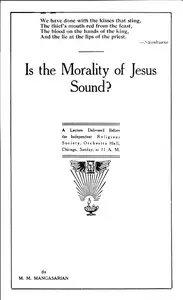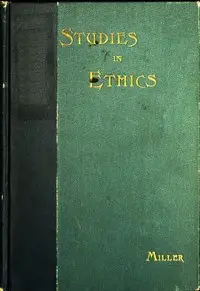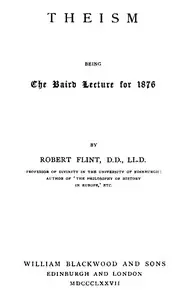"Occasional Thoughts in Reference to a Vertuous or Christian Life" by Damaris Masham is a philosophical exploration reflecting on the place of goodness and ethics within education and Christian beliefs. It highlights how important good teaching is for creating moral behavior in people and society. The author begins by considering the declining moral standards seen in society, stressing how crucial it is to teach young people about virtue and moral behavior. Masham argues that people might easily be tempted by bad behavior without solid rules based on Christian ideas. The author shows the links between how people act, the rules of nature, and divine messages through thoughtful reasoning. She supports a more insightful understanding of virtue that goes beyond just following social norms or simple rules. This introduction prepares readers for conversations about goodness within Christian lessons and the need for logical thinking when making moral choices.

Occasional Thoughts in Reference to a Vertuous or Christian life
By Damaris Masham
In a time of moral decline, a lone thinker grapples with how to cultivate virtue through education and faith, offering a beacon of morality.
Genres
Released
2004-08-25
Formats
epub (images)
epub3 (images)
mobi (images)
epub
mobi
txt
Free Download
Summary
About the AuthorDamaris Cudworth, Lady Masham was an English writer, philosopher, theologian, and advocate for women's education who is often characterized as a proto-feminist. She overcame some weakness of eyesight and lack of access to formal higher education to win high regard among eminent thinkers of her time. With an extensive correspondence, she published two works, A Discourse Concerning the Love of God (1696) and Thoughts in reference to a Vertuous or Christian Life (1705). She is particularly noted for her long, mutually-influential friendship with the philosopher John Locke.
Damaris Cudworth, Lady Masham was an English writer, philosopher, theologian, and advocate for women's education who is often characterized as a proto-feminist. She overcame some weakness of eyesight and lack of access to formal higher education to win high regard among eminent thinkers of her time. With an extensive correspondence, she published two works, A Discourse Concerning the Love of God (1696) and Thoughts in reference to a Vertuous or Christian Life (1705). She is particularly noted for her long, mutually-influential friendship with the philosopher John Locke.
Total Reviews
10.0k
Total reviews from Goodreads may change













